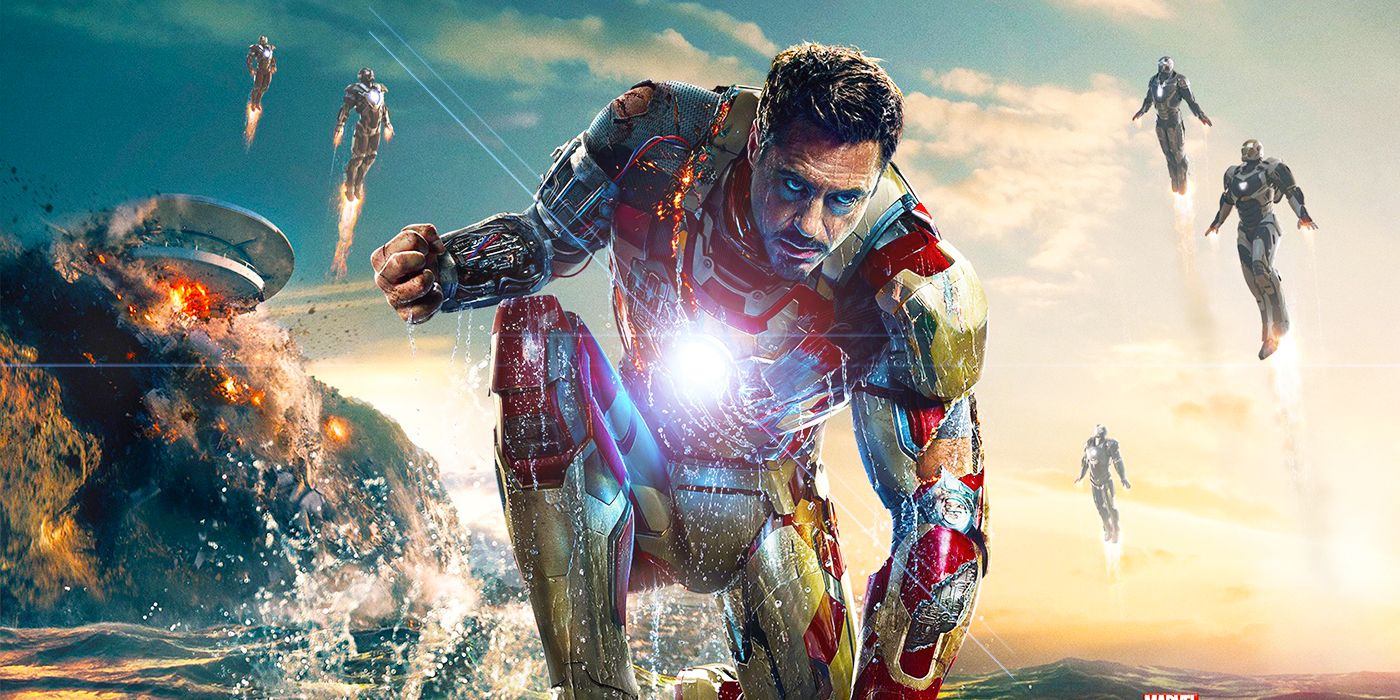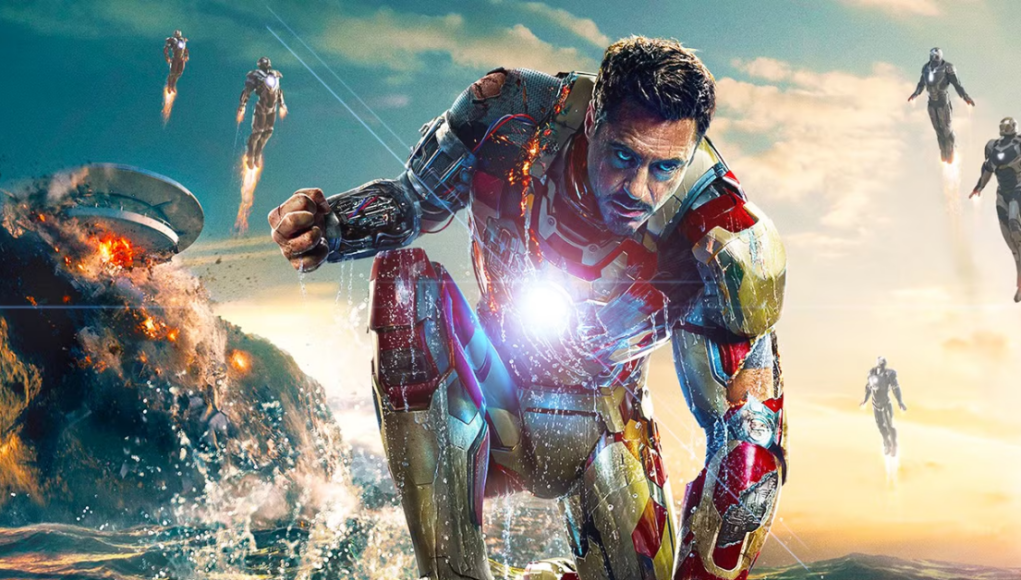Why Marvel Didn’t Make Iron Man 4

After the success of Iron Man 3 in 2013, many fans anticipated a fourth installment in the series. However, Marvel Studios chose to focus on expanding the Marvel Cinematic Universe (MCU) rather than continuing Tony Stark’s solo adventures. This decision allowed Marvel to introduce new characters and stories, enriching the MCU’s diversity and depth.
Emphasis on Ensemble Films
Instead of producing Iron Man 4, Marvel integrated Tony Stark into ensemble films like Avengers: Age of Ultron and Captain America: Civil War. This approach enabled the character to evolve within the broader MCU narrative, contributing to interconnected storylines that captivated audiences.
Robert Downey Jr.’s Contract and Cost Considerations
Robert Downey Jr.’s portrayal of Iron Man was pivotal to the MCU’s success. However, his contract negotiations and the associated costs influenced Marvel’s decision-making. Allocating resources to ensemble films and new franchises was deemed more beneficial for the MCU’s growth.
Creative Closure and Character Arc
Marvel aimed to provide a meaningful conclusion to Tony Stark’s journey. Screenwriters Christopher Markus and Stephen McFeely noted that continuing with Iron Man 4 might have diluted the character’s impact. By concluding his arc in Avengers: Endgame, Marvel delivered a poignant end to Stark’s story, enhancing the narrative’s emotional resonance.
Expanding the MCU’s Horizon
By not pursuing Iron Man 4, Marvel allocated resources to develop new characters and stories, such as Guardians of the Galaxy and Doctor Strange. This strategy diversified the MCU, introducing audiences to fresh narratives and expanding the universe’s appeal.
In summary, Marvel’s decision to forgo Iron Man 4 was a strategic move to enrich the MCU’s storytelling and character development. This approach allowed for a more interconnected and expansive universe, captivating audiences worldwide.







